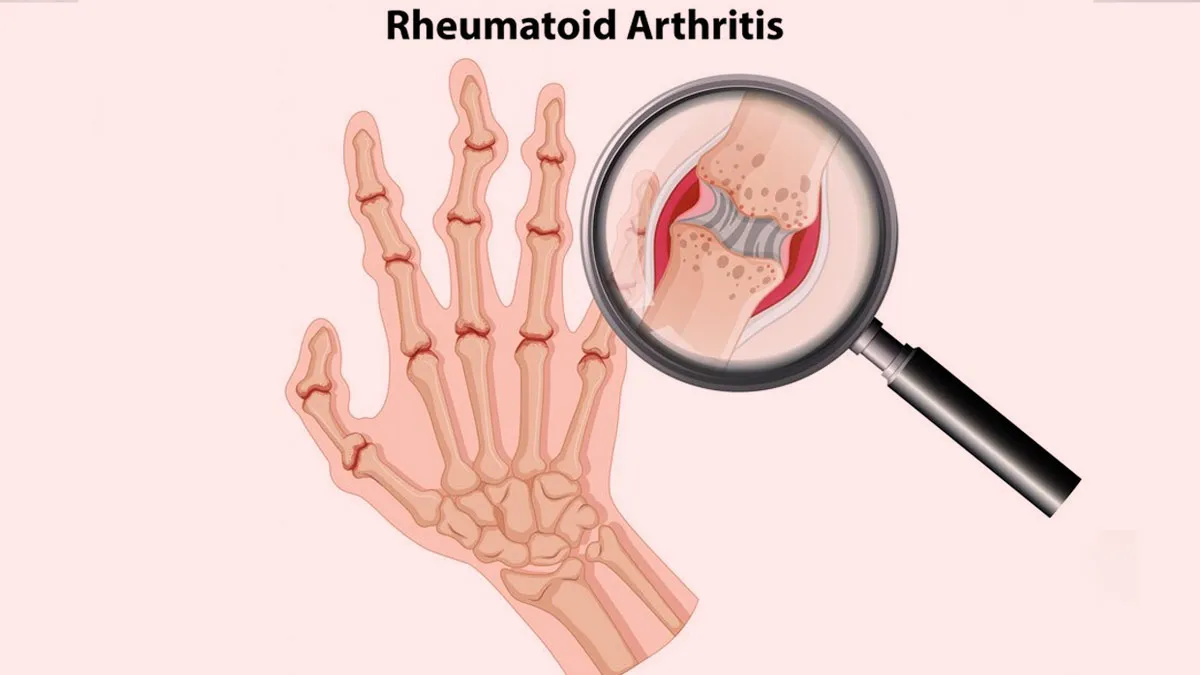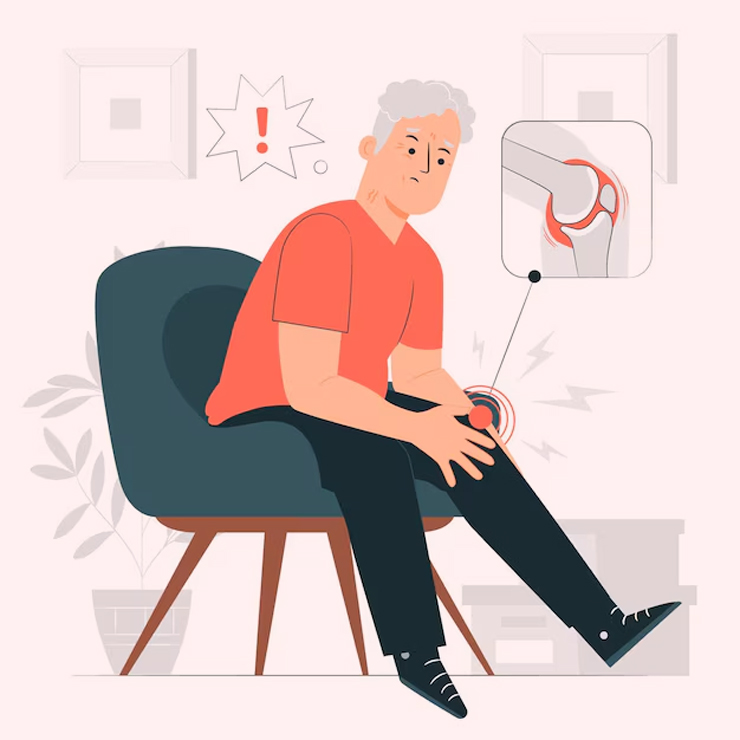
As we approach the observance of Rheumatoid Arthritis Awareness Day on February 2, 2025, the spotlight shines on an often-overlooked aspect of this chronic autoimmune disease: its impact on lung health. While rheumatoid arthritis (RA) is commonly associated with joint pain and inflammation, its reach extends far beyond the musculoskeletal system, affecting vital organs like the lungs. Let's delve into the details with our expert, Dr Aneesa Kapadia, Consultant, Rheumatology -Jaslok Hospital & Research Centre, as she reveals the scary link between these two conditions.
-1738261180353.jpg)
Dr Kapadia said, "Rheumatoid arthritis (RA) is well known for causing joint pain and swelling, but it can also affect other parts of the body, including the lungs. One of the most serious lung complications related to RA is interstitial lung disease (ILD). This condition can significantly impact a person’s quality of life and overall health."
"Interstitial lung disease (ILD) is a group of disorders that cause scarring (fibrosis) of the lung tissue. This scarring makes it harder for oxygen to pass into the bloodstream, leading to breathing difficulties. Over time, the lungs become stiff, making it increasingly difficult to breathe," explained the expert.
Although RA primarily affects the joints, it is an autoimmune disease, meaning the immune system mistakenly attacks the body’s own tissues. This attack can extend beyond the joints to other organs, including the lungs. When the immune system targets the lungs, it can cause inflammation and lead to ILD.
Experts estimate that up to 10% of people with RA develop ILD, but signs of lung involvement can be found in nearly half of RA patients, even if they do not have symptoms.
Common signs include:

"Since these symptoms can be mistaken for other respiratory conditions, it is important for people with RA to be aware of their lung health and report any new symptoms to their doctor," said Dr Aneesa.
Certain factors increase the risk of developing ILD in people with RA, including:
Diagnosing ILD involves imaging tests like high-resolution CT scans and lung function tests.
There is no cure for ILD, but treatment aims to slow the progression of the disease and manage symptoms. Common treatments include:
Since ILD can be serious, early detection is crucial. Regular monitoring, especially in high-risk RA patients, can help catch lung problems early and improve outcomes.
If you have RA, discuss any breathing issues with your doctor and get regular check-ups. Managing RA effectively and maintaining a healthy lifestyle, such as avoiding smoking and staying active, can help reduce the risk of lung complications.
"Rheumatoid arthritis doesn’t just affect the joints—it can impact the lungs, too. Interstitial lung disease is a serious complication that requires early detection and proper management. If you have RA, staying informed about potential lung issues and seeking medical attention for any respiratory symptoms can make a big difference in your overall health and well-being," concluded the expert.
If you liked this story, then please share it. To read more such stories, stay connected to HerZindagi.
Also watch this video
Herzindagi video
Our aim is to provide accurate, safe and expert verified information through our articles and social media handles. The remedies, advice and tips mentioned here are for general information only. Please consult your expert before trying any kind of health, beauty, life hacks or astrology related tips. For any feedback or complaint, contact us at compliant_gro@jagrannewmedia.com.